Can Batteries Get Wet? (What You Need to Know)
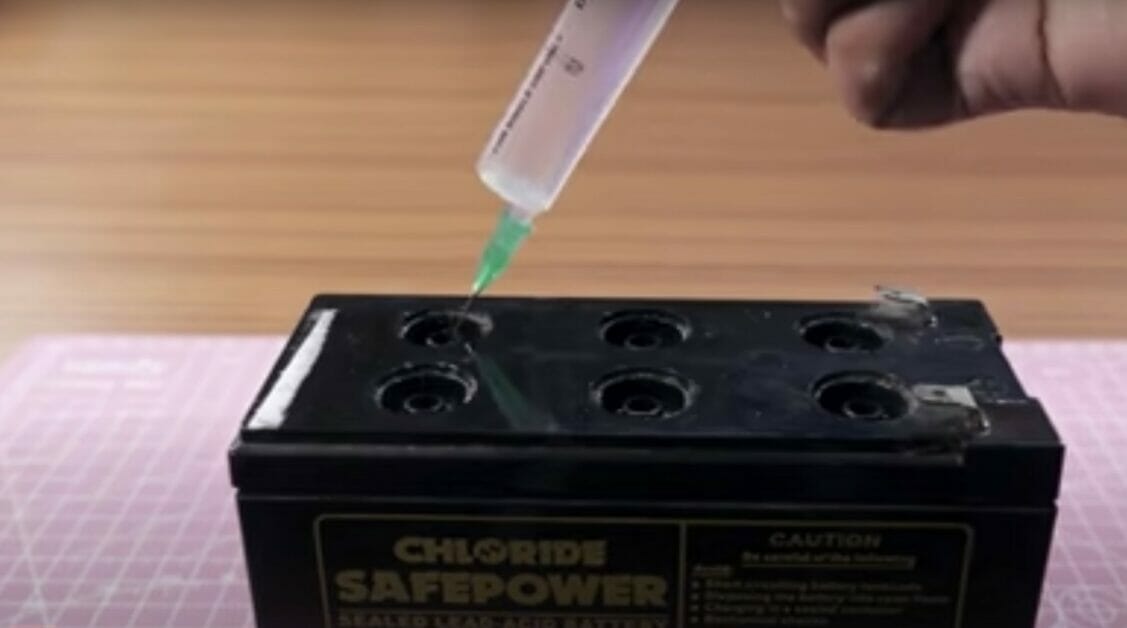
Contents
ToggleMany of us have had the experience of accidentally spilling water on a device containing batteries or even dropping a battery-powered device in water.
Key Takeaways – The short answer is that it depends on the type of battery. Most Lead-acid batteries are relatively resistant to water, although prolonged exposure can still cause problems. By contrast, batteries commonly used in laptops and smartphones, and other types of batteries (like Lithium-ion batteries) are much more vulnerable to water damage.
In this article, i’ll explore what can happen when batteries get wet, whether they can be used again, and also share tips for protecting your batteries if they get moisture exposure.
What Happens When Batteries Get Wet
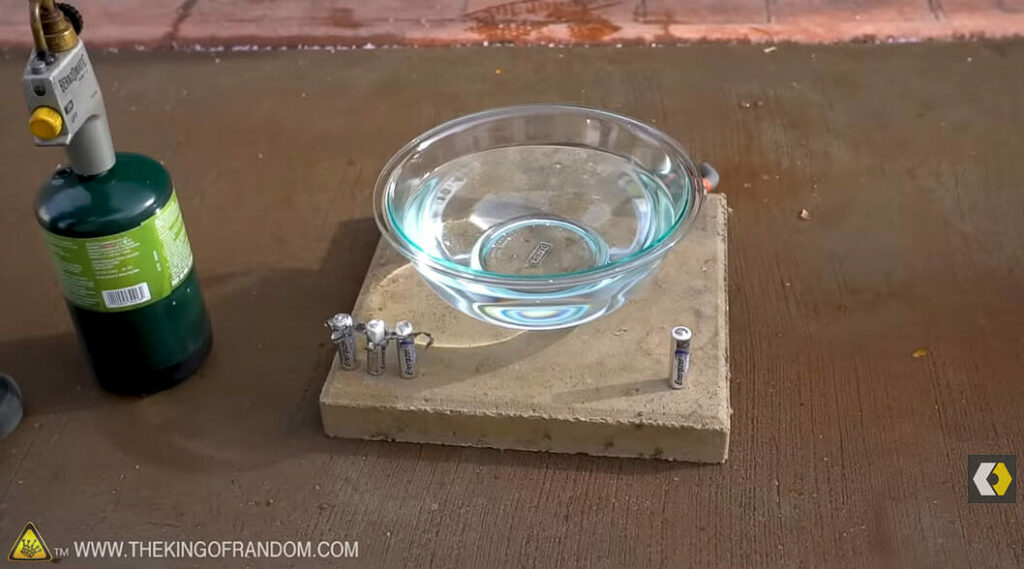
Can batteries get wet? The simple answer is yes, they can.
However, it’s important to remember that exposing your batteries to water or other liquids can cause damage and lead to malfunction, even in the case of waterproof batteries.
So, what exactly happens to batteries when they get wet? Here are a few things to keep in mind:
- Corrosion: When batteries come into contact with moisture, the metal parts can corrode. This can cause the battery to leak, damaging your device and creating a safety hazard. In mild cases, you may be able to clean the battery and the device with a dry cloth and avoid any permanent damage. However, severe corrosion may require the battery or device replacement.
- Short Circuit: When water or any other liquid form enters a battery, it can lead to a short circuit. A short circuit happens when the electrical current flows along an unintended path, which can cause overheating, explosions, or fires.
- Reduced Performance: Even if your battery doesn’t leak or suffer from a short circuit, exposure to water can still impact its performance. The water inside a battery can dilute the electrolyte, the chemical in the battery that produces the voltage. This can reduce the battery’s ability to hold a charge, shorten its lifespan, and cause it to fail sooner than expected.
That said, while batteries can survive brief encounters with water, exposing them to moisture for prolonged periods can lead to corrosion, short circuits, and reduced performance.
So, always store your batteries in a dry place and be cautious when using them around liquids.
Types of Water Damage on Batteries
| Type of Water Damage | Potential Outcome |
|---|---|
| Light splashes (like rain) | It may not cause immediate damage, but over time can lead to corrosion |
| Submersion (like in a puddle) | Likely to cause short circuits and other immediate damage |
| High humidity | This may lead to corrosion and reduced performance over time |
Can Wet Batteries Be Used Again?
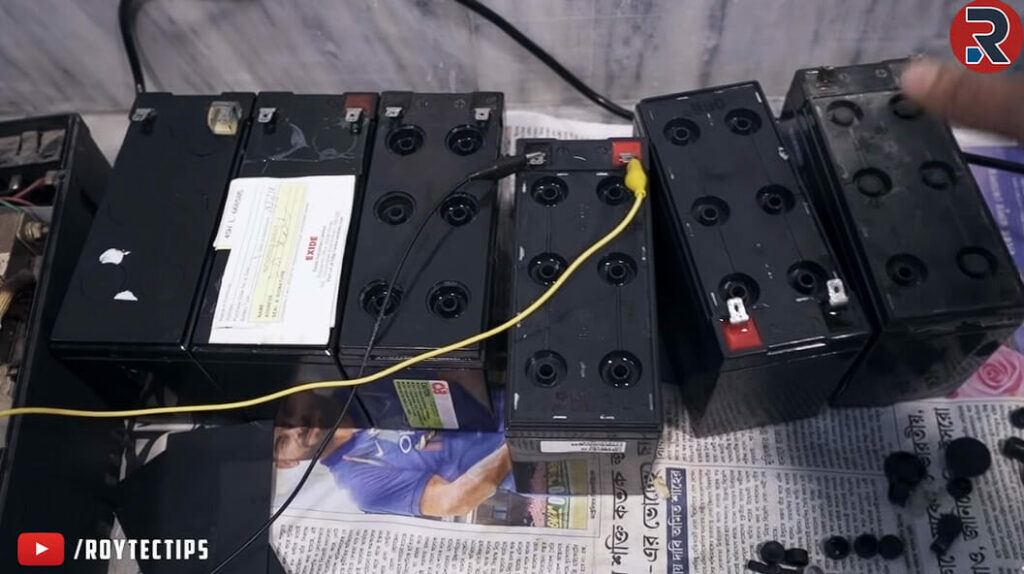
While it’s not recommended to use wet batteries, whether they can be used again depends on the type of battery and how long it was exposed to moisture.
Here’s what you need to know:
- Alkaline batteries: While not immediately damaging, water can corrode the casing of alkaline batteries over time, leading to the leakage of harmful chemicals, which may damage the device it’s installed in.
- Lithium-ion batteries: These batteries, common in electronic devices like phones and laptops, can be severely damaged if wet. Water can cause a short circuit and damage the battery’s ability to hold a charge. It can cause thermal runaway in worst-case scenarios, leading to fires or explosions.
- Lead-acid batteries: These batteries, often used in vehicles, can be filled with a type of liquid (diluted sulfuric acid), so they’re somewhat water-resistant. However, water entering the battery can dilute the acid and reduce its performance. If the battery casing gets wet, it’s usually not a problem unless the water leads to corrosion or is contaminated with conductive materials.
- Nickel-cadmium and nickel-metal hydride batteries: These batteries can be used again after getting wet as long as they are dried and recharged before being used.
It’s important to note that while some batteries may work after exposure to moisture, it’s not guaranteed. Water damage can cause the chemicals in the battery to break down, which can cause it to fail or underperform.
Effects of Water Exposure on Battery Life
| Battery Type | Potential Impact on Battery Life |
|---|---|
| Alkaline | Decreased battery life due to corrosion and potential leakage |
| Lithium | Decreased battery life if the battery has absorbed water |
| Nickel-cadmium (NiCd) | Potential decreased battery life if corrosion or short-circuits occur |
| Nickel-metal hydride (NiMH) | Potential decreased battery life if corrosion or short-circuits occur |
| Lead-acid | Severe water damage could cause sulfation, leading to decreased battery capacity and shorter battery life |
Immediate Steps to Take When a Battery Gets Wet
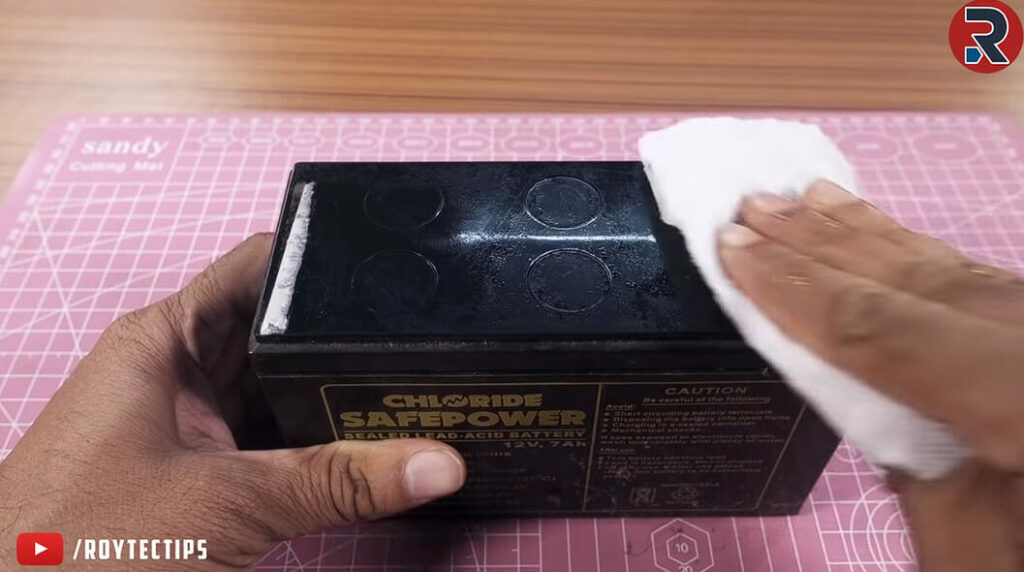
Now that we know batteries can get wet, it’s important to discuss how to handle them safely when this happens. The following tips will help you stay safe and avoid damaging your batteries or the devices they power.
- Remove the battery from the water source – If your battery has gotten wet, you first remove it from the water source to prevent further damage. You should also turn off any electronic devices connected to the battery.
- Dry the battery – Use a cloth or paper towel to dry the battery as much as possible. Don’t use a hairdryer or other heating device, as it can cause the battery to explode. It’s also important to note that you should never try to open the battery or remove any of its parts.
- Place the battery in a container with rice/silica gel packets – Rice or silica gel packets can help absorb any remaining moisture. Place the battery in a container with rice or silica gel packets and leave it for at least 24 hours. Don’t try to charge the battery until it’s completely dry.
- Test the battery – After 24 hours, you can test it to see if it still works. If the battery doesn’t work, you must dispose of it properly. If it does work, you can try charging it.
Remember that wet batteries may not always be saveable. If the battery is damaged or cannot be charged, it’s important to dispose of it properly.
Never throw wet batteries in the trash, as they can be hazardous. Instead, take them to a battery recycling facility or a hazardous waste disposal center.
Overall, the best way to deal with a wet battery is to prevent it from happening in the first place. Be careful with electronic devices around water sources, and always take steps to protect your batteries.
Preventing Battery Water Damage
Water and electronics don’t mix well, and that includes batteries. Getting wet can severely damage or render it useless, whether it’s a phone, laptop, or car battery.
But there are steps you can take to prevent battery water damage. Here are a few tips:
Keep Batteries Dry
It might seem obvious, but keeping your batteries dry is the best way to prevent water damage.
Store them in a cool, dry place and avoid exposing them to water or high humidity.
Use Waterproof Battery Cases
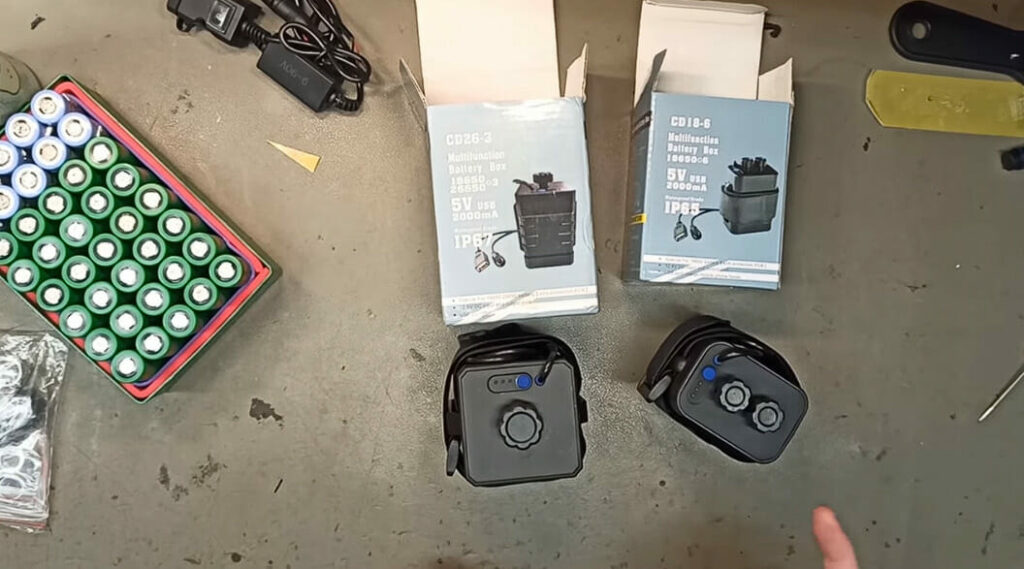
Invest in waterproof battery cases if you work in wet conditions or frequently use electronics outdoors.
These cases will protect your batteries from water damage, and some even float, making it easy to retrieve them if they accidentally fall into the water.
Avoid Charging Wet Batteries
If a battery gets wet, do not attempt to charge it.
Charging a wet battery can result in a short circuit, causing the battery to overheat and even explode. Instead, let the battery dry completely before attempting to charge it.
Replace Damaged Batteries
If a battery has been submerged or shows signs of water damage, it’s best to replace it.
Even if the battery appears to be working, the water may have damaged the internal components, putting you at risk for further damage or even safety hazards.
Always remember, prevention is always better than cure regarding water damage.
References
Organizations:
- Battery University. https://batteryuniversity.com/
- The Battery Show. https://www.thebatteryshow.com/en/home.html
Books:
- “Batteries in a Portable World: A Handbook on Rechargeable Batteries for Non-Engineers” by Isidor Buchmann
- “Handbook of Batteries” by David Linden and Thomas Reddy
Video References
TKOR
RoyTecTips
The Battery Doctor
How helpful was this article?
Were Sorry This Was Not Helpful!
Let us improve this post!
Please Tell Us How We Can Improve This Article.
